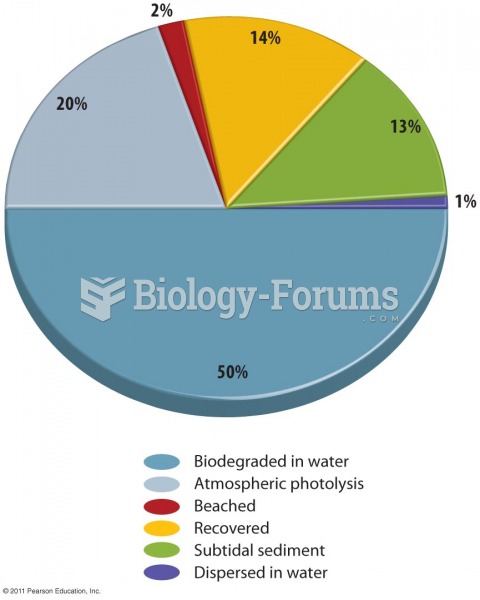Answer to Question 1
- We have defined irony of fate as the discrepancy between actions and their results, between what characters deserve and what they get, between appearance and reality. Munros story would appear to qualify on all counts. The actions of both Chris and Ediehis false promises, her forlornly waiting at the mailbox every day seem to be leading to her heartbreak, but they result in a lifetime of fulfillment and satisfaction. If we were in a harsh and judgmental mood, we might say that she deserves heartbreak and disillusion for her immaturity and foolishness, but what she gets is quite the opposite. The discrepancy between appearance and reality has been discussed in the previous answer. In his 1892 play Lady Windermeres Fan, Oscar Wilde has a character famously observe: In this world there are only two tragedies. One is not getting what one wants, and the other is getting it. The last is much the worst, the last is a real tragedy Edie is saved from the real tragedy of getting what she wants, and the storys conclusion is comic in both the colloquial sense and the classical one.
Answer to Question 2Notice how Munro keeps other eligible males out of the first three quarters of the story. Welike Edie have nowhere to fasten our romantic assumptions except on this exotic pilot (exotic to Edie, that is: I only knew he wasnt from around here is how she describes him from their initial meeting. That may not sound like much to us, but to a fifteen-yearold farm girl, her words connote a world of mystery). Having skillfully carried us along with Edies feelings and the changes they undergo, Munro has carefully prepared us to accept the storys theme when Edie essentially states it in the storys nextto-last paragraph: If there were women all through life waiting, and women busy and not waiting, I knew which I had to be. Even though there might be things the second kind of women have to pass up and never know about, it still is better. A solid, comfortable life with a good but unexciting man is better than the extravagant emotional highs and lows of what the world commonly defines as romantic love; in her hard-won, bird-in-the-hand view, Edie feels that what she has given up counts for less in the end than what she has gained in exchange.







